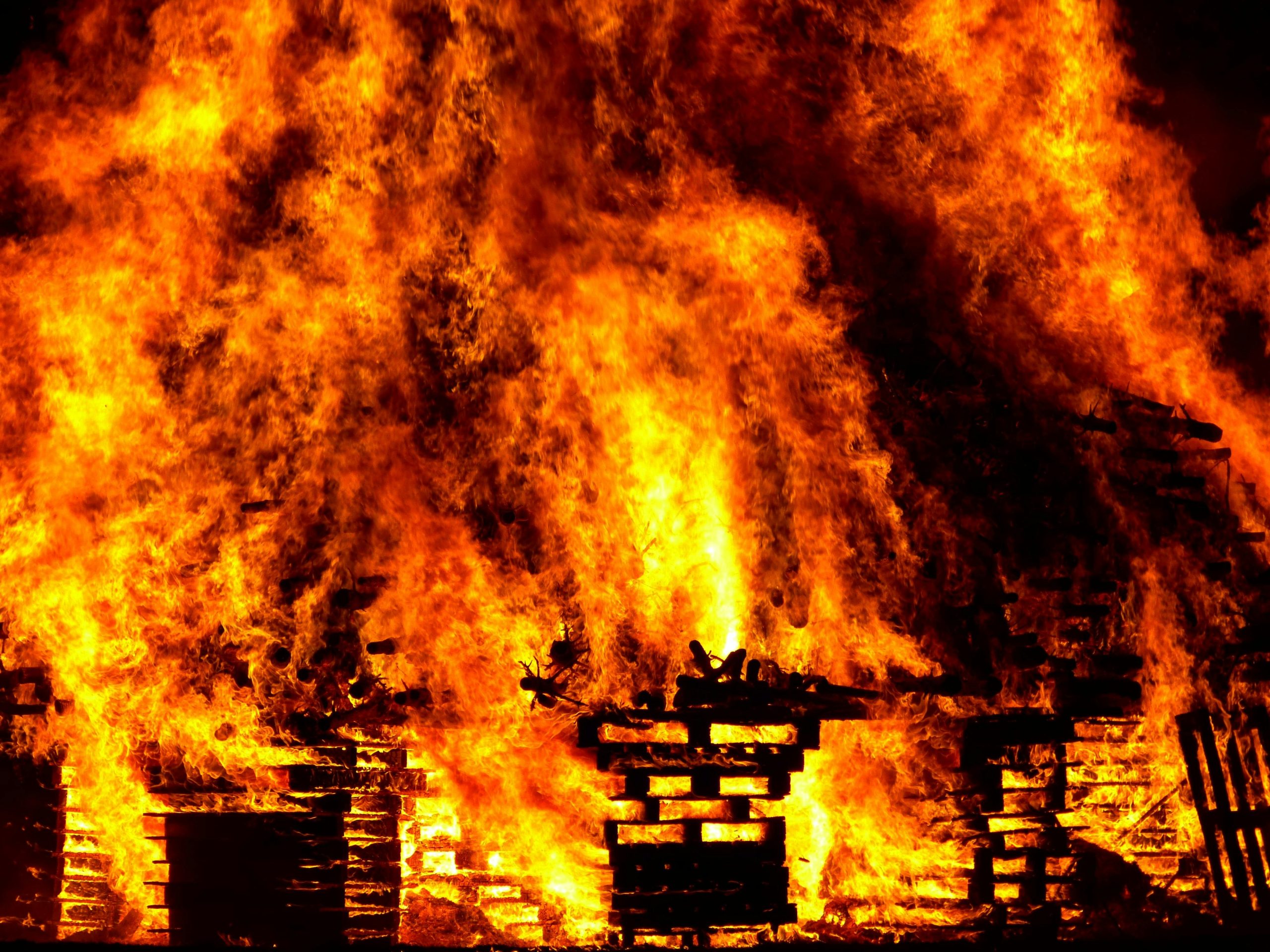Navigating Insurance Disputes After Storm-Related Tree Damage: What Homeowners Need to Know
When a severe weather event leads to unexpected property damage, it can be a stressful experience—especially if insurance claims are unexpectedly denied. Recently, a homeowner faced a frustrating situation after a tree fell on their shed following a storm. While an independent, certified arborist reported that both wind and rain contributed to the tree’s fall, the insurer contended it was solely caused by rain, resulting in a denial of coverage.
Understanding the Dynamics of Damage Claims
In situations like this, the details matter tremendously. Professional assessments, such as those from qualified arborists or structural experts, can often provide critical evidence of the contributing factors behind storm-related damage. These assessments can be instrumental in challenging insurance decisions, especially when the insurer’s conclusion appears inconsistent with expert opinion.
Insurance companies may sometimes deny claims based on their interpretation of policy language or their assessment of cause. It’s not uncommon for insurers to attribute damage solely to one factor—like rain—if that aligns with their policy definitions or investigations. However, this can overlook the multifaceted nature of storm damage, which often results from a combination of wind and rain — both of which exacerbate the risk.
Strategies for Addressing Insurance Disputes
If your claim is denied or contested, here are some steps you can take:
-
Gather Expert Testimony: Obtain detailed reports from qualified professionals such as arborists or structural engineers who can substantiate that multiple weather elements contributed to the damage.
-
Review Your Policy Carefully: Understand the specific terms of your insurance coverage. Some policies cover storm damage caused by wind, rain, or both, while others might have exclusions or limitations.
-
Request a Reinspection: Contact your insurer and request a follow-up inspection. Sometimes, additional evidence or clarification can alter their assessment.
-
Consult a Public Adjuster or Insurance Attorney: Professionals who specialize in insurance claims can help navigate complex disputes and advocate on your behalf.
-
File an Appeal: Most insurance companies have procedures for appealing denial decisions. Include all supporting documentation and expert opinions.
-
Document Everything: Keep detailed records of all communications, photographs of the damage, and independent assessments.
Taking Charge of Your Claim
Disputes over storm damage claims are understandably challenging and sometimes disheartening. However, with thorough documentation and a clear understanding of your policy, homeowners can improve their chances of a successful



